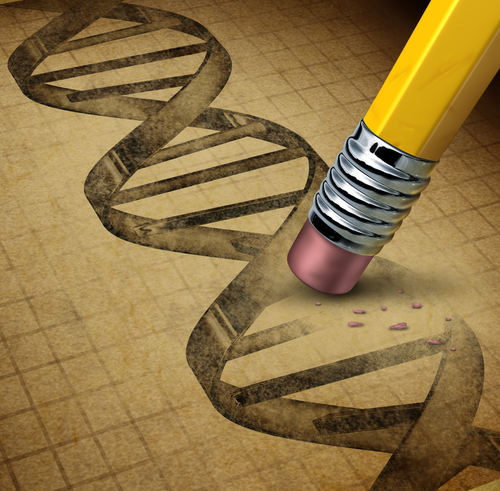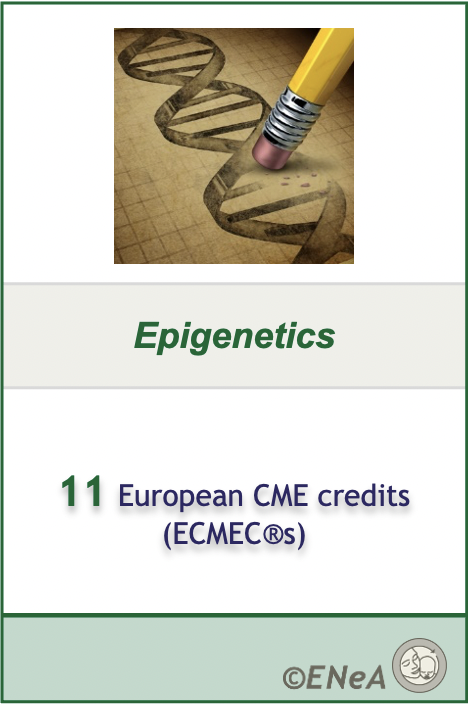Welcome to Focus Module "Epigenetics"
Here you find an overview of the module on "Epigenetics", its structure and units, learning aims and information on how to get your CME credits.
![]()
Introduction
Epigenetics has in recent times been highlighted as one of the potentially central mechanisms for an effect of early nutrition on developmental programming and long-term health. There is a wealth of research which now indicates there is a close interaction between our genes and our environment. In particular, findings show that the early environment plays a large part in shaping an individual's phenotype. It is these early environmental cues that allow one genotype to display multiple phenotypes. This process is controlled by epigenetic mechanisms.
Epigenetic mechanisms are based on biochemical modifications of the DNA in a stable, heritable manner without changing the underlying DNA sequence. Major progress has been made and continues to be made in the field of epigenetics to date, and it remains a field at the forefront of scientific discovery. This might well give us new opportunities for insights into nutrition-related epigenetic changes that in the future could be translated into messages about the importance of a healthy lifestyle in producing healthy offspring.
In this module we introduce the topic of epigenetics and describe how epigenetic mechanisms are closely involved in human development and disease. This module further focuses on the environmental factors which effects fetal and infant development and what role these may play in altering the epigenome and thereby an individual's predisposition to certain diseases.

Free of charge!
Targeted to international healthcare professionals and researchers
Available Worldwide
![]()
How to best follow this module
Every unit consists of a self-assessment test at the beginning, different lessons and a CME test at the end. During the course of the module, the learner will benefit from a number of learning tools, including self-assessment tests, graphics and a discussion forum..
To make better use of the teaching material and consequently a better learning experience overall, we suggest that the learner first should go through the units only after that they should attempt the CME tests.
CME Certificate of Completion
Please Note: Starting from 1st September 2021, The Early Nutrition eAcademy is offering e-learning modules and CME Certificates of Completion free of charge to health care professionals worldwide.
The CME test will only be available once all elements in each unit are marked complete. To receive your CME Certificate of Completion, you have to successfully pass the CME multiple-choice test.
This module has been accredited by the UEMS with 11 credits.
Complete all unit elements
Pass CME Test

Credits by the EACCME
Information about CME Accreditation
This unit has been accredited by the European Accreditation Council for Continuing Medical Education (EACCME). The EACCME is an institution of the European Union of Medical Specialists (UEMS). Only those e-learning materials that are displayed on the UEMS-EACCME website have formally been accredited. Each medical specialist should claim only those credits that he/she actually spent in the educational activity.
US American Accreditation:
The American Medical Association (AMA) has an agreement of mutual recognition of continuing medical education (CME) credit with the European Union of Medical Specialties (UEMS). Instructions for converting EACCME Credit to AMA PRA Category 1 Credits are available here.
How to get started
Click the button below to start with Unit 1
OR choose another Unit from the list below







